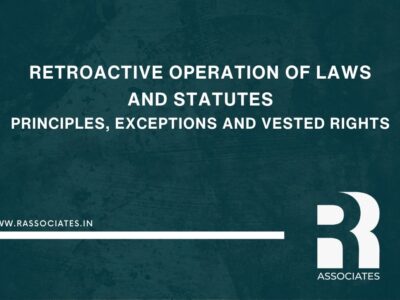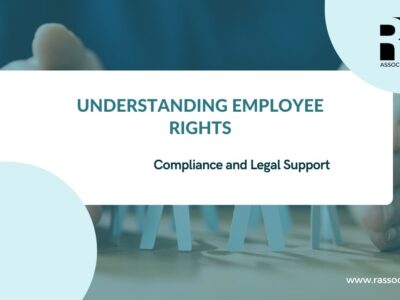Workplace harassment is a pervasive issue in India and an unwelcome reality faced by many Indian employees. This is primarily characterized by unwelcome behaviour ranging from offensive remarks to physical assaults. Such behaviour can be based on gender, religion, caste or economic status to name a few. Sexual harassment, in particular, has been under increasing scrutiny in recent years. A 2018 study by the Indian National Bar Association found that 38% of women in India have faced sexual harassment at work, thus highlighting the seriousness of this issue. Additionally, the same report revealed that 69% of these victims did not lodge an official complaint. Given the escalating number of discrimination and harassment cases in the Indian workplace, the onus has increasingly fallen on legislative instruments and professionals like an employment lawyer in Delhi or other states to offer remedies and prevention strategies.
Workplace harassment significantly affects an individual’s well-being, performance, and overall morale while severely undermining the work environment, productivity and business outcomes. The Vishaka Guidelines established by the Supreme Court of India in 1997, and the subsequent Sexual Harassment of Women at Workplace (Prevention, Prohibition and Redressal) Act, 2013 have been pivotal in offering legal recourse to victims of workplace harassment.
Addressing workplace harassment in India is a matter of human rights and every individual has the right to a safe, non-hostile work environment. The continual prevalence of harassment cases reflects systemic issues that need immediate attention. Discussing this issue also brings economic benefits. A report by McKinsey Global Institute suggested that India could add $770 billion to its GDP by 2025 by improving gender equality and reducing harassment at work.
The role of employment lawyers and legislation in tackling workplace harassment cannot be overstated. An employment lawyer in Delhi, Mumbai, or any other Indian city, plays a crucial role in offering legal guidance to victims as well as employees, helping them understand their rights and navigate the legal landscape.
Legislation in India, particularly the Sexual Harassment of Women at Workplace (Prevention, Prohibition, and Redressal) Act, 2013, has provided a much-needed legal framework to address workplace harassment. The Vishaka Guidelines, as stated above, also lays down explicit prohibitions against sexual harassment at work.






